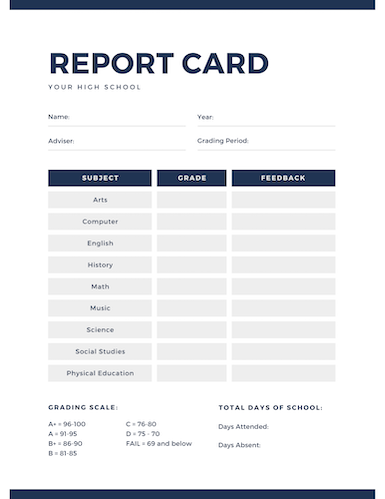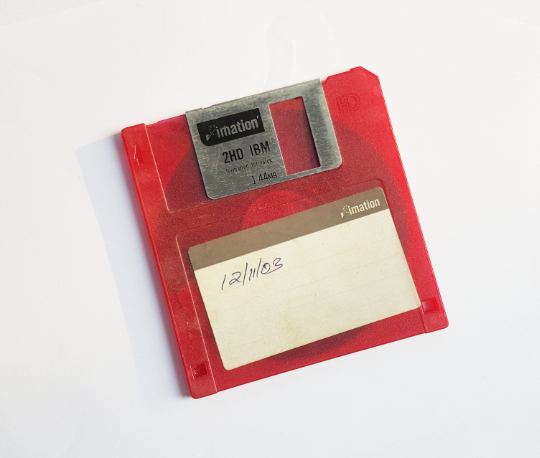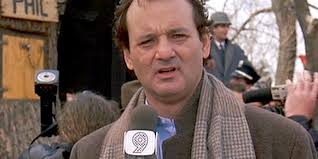“Do not ruin today with mourning tomorrow.”
—Cathrynne M. Valente, American fiction writer, poet, and literary critic

Image from Unsplash by Daniel Lerman
As we examine our thoughts carefully from time to time, we can all take an extra step to explore whether they are focused on the past, present or future.
When we look backwards, we may smile about the good times or sometimes experience a sense of regret for opportunities missed.
Today’s quote points to those times when we look forward. Ideally, we look to the future with optimism and hope for better times. Sometimes however, we notice fear and worries enter our thinking where we sense a level of doom and gloom on the horizon on a day that has yet to begin.
EXERCISE:
How can and will you notice and augment your thinking toward the positive aspect of life to more fully appreciate and enjoy every morning, noon, and night?













